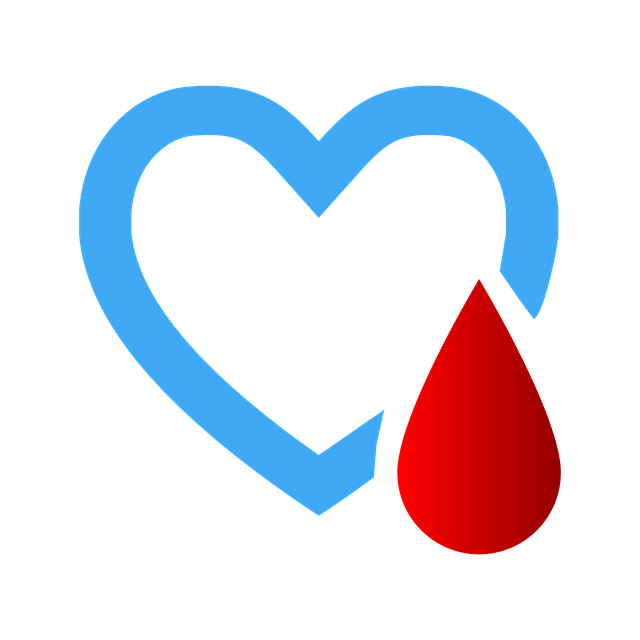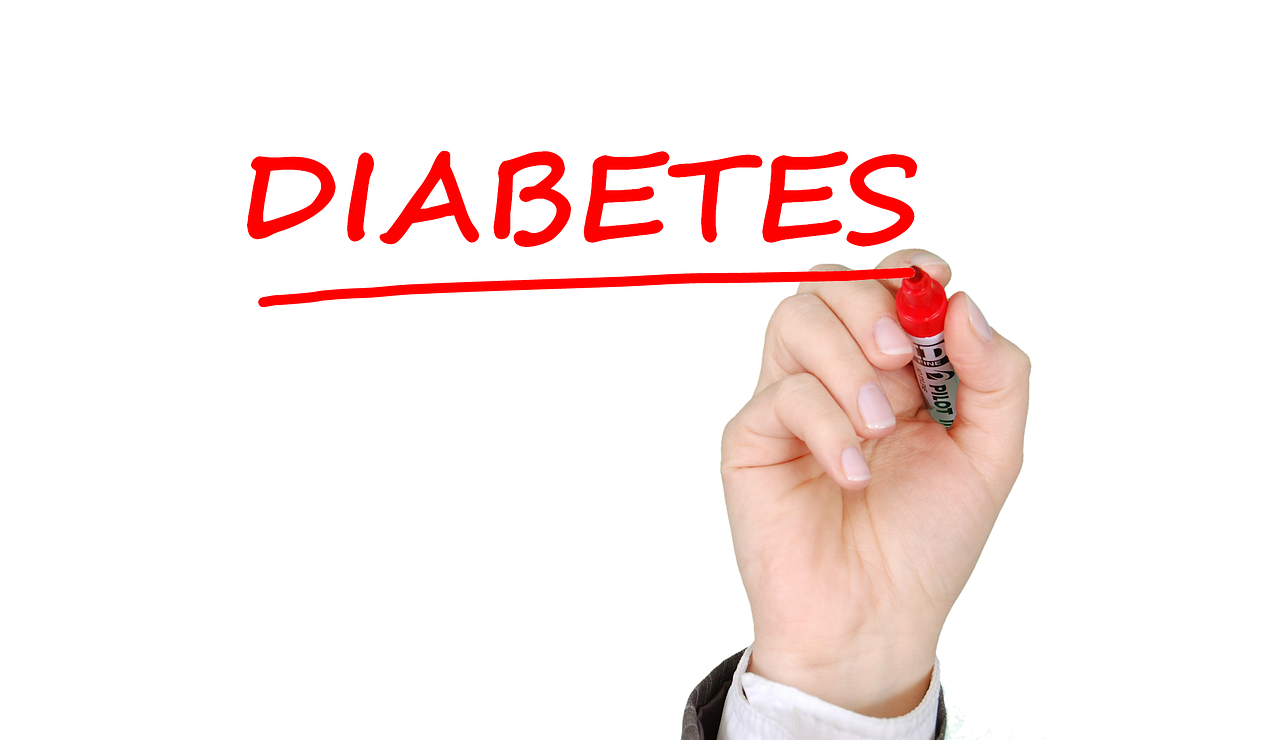Type 1 diabetes is a less common form of diabetes than type 2 diabetes. Ten to 15 out of 100
people with diabetes have type 1 diabetes.
If you have type 1 diabetes, looking after your diabetes is important for good health. It can
reduce your risk of developing diabetes-related complications, such as damage to the eyes,
kidneys, nerves and blood vessels.
What is type 1 diabetes?
When a person eats and drinks carbohydrates
(carbs) such as bread, pasta, rice, cereals, fruits,
starchy vegetables, milk and yoghurt, it is broken
down into a type of sugar called glucose. Insulin
is a hormone that allows glucose to move from
the bloodstream into the body’s cells. The cells
use glucose for energy.
When you have type 1 diabetes, your pancreas
cannot make insulin. This happens because the
body’s immune system destroys the beta cells in
the pancreas. It is the beta cells that make insulin.
This results in too much glucose, or sugar, in the
bloodstream.
Why does type 1 diabetes develop?
The exact cause of type 1 diabetes is not known.
We do know that some people carry genes that
make them more likely to develop type 1 diabetes.
Diabetes occurs in these people when something
triggers the immune system to start destroying the
beta cells in the pancreas.
Type 1 diabetes is usually diagnosed in younger
people, but it can be diagnosed at any age.
Can type 1 diabetes be prevented
or cured?
Currently, nothing can be done to prevent or cure
type 1 diabetes, but researchers are working on
this. If type 1 diabetes is managed well, you can
continue to lead a healthy life.
What are the symptoms
of type 1 diabetes?
The most common symptoms of undiagnosed
type 1 diabetes include:
• unexplained weight loss
• being thirsty and drinking a lot more than usual
• going to the toilet to pass urine more often
• feeling tired and low on energy
• genital thrush
• mood changes.
The symptoms of type 1 diabetes can develop
quickly and need immediate medical attention.
If type 1 diabetes is left untreated, diabetic
ketoacidosis (also known as DKA) will develop.
Diabetic ketoacidosis occurs when the liver
makes chemicals, called ‘ketones’ because
there is not enough insulin in the body to use
glucose for energy. So, the body breaks down
fat as a source of energy instead. This break down turns fat into ketones, a type of acid, and
sends them into the bloodstream. Ketones in
large amounts are toxic to the body as the blood
becomes too acidic. High glucose levels also
result in dehydration and a loss of body salts and
fluids. This is life-threatening and requires urgent
hospital treatment.
How is type 1 diabetes diagnosed?
• If your doctor thinks your symptoms suggest
you have type 1 diabetes, your blood will be
checked for high glucose levels, and your
blood or urine for ketones. The body makes
ketones in large amounts when there is little
or no insulin. If ketones are present, you may
have type 1 diabetes. A high blood glucose
level will confirm the diagnosis.
• Your doctor will also order blood tests to
look for autoantibodies. These tests can help
to work out if you have autoimmune type 1
diabetes.
• If you have symptoms of type 1 diabetes,
see a doctor without delay and ask for a for
diabetes check. Early diagnosis of type 1
diabetes can prevent diabetic ketoacidosis.
How is type 1 diabetes managed?
Type 1 diabetes is managed by replacing the
insulin your body can no longer make. Insulin is
given by injection or by using an insulin pump.
Your doctor or diabetes nurse practitioner will
work with you to decide on the type of insulin you
need and recommend how often you need to take
it. This will depend on your lifestyle and individual
needs. As well as taking insulin, you will need to
check your blood glucose levels regularly and
learn how to balance insulin, food and activity.
Managing diabetes on a day-to-day basis is
important for keeping blood glucose levels in
your target range. This helps you to stay well in
the short-term and reduces the risk of long-term
complications, such as damage to the eyes,
kidneys, nerves and blood vessels.
Who can help with your
type 1 diabetes?
Managing diabetes is a team effort involving you,
your family, friends, school and work colleagues,
and health professionals.
Many different health professionals can help you,
including:
• your general practitioner (GP)
• an endocrinologist (diabetes specialist doctor)
• a paediatrician
• a diabetes educator or diabetes nurse
practitioner
• a dietitian
• an exercise physiologist
• a podiatrist
• a counsellor, social worker or psychologist.


